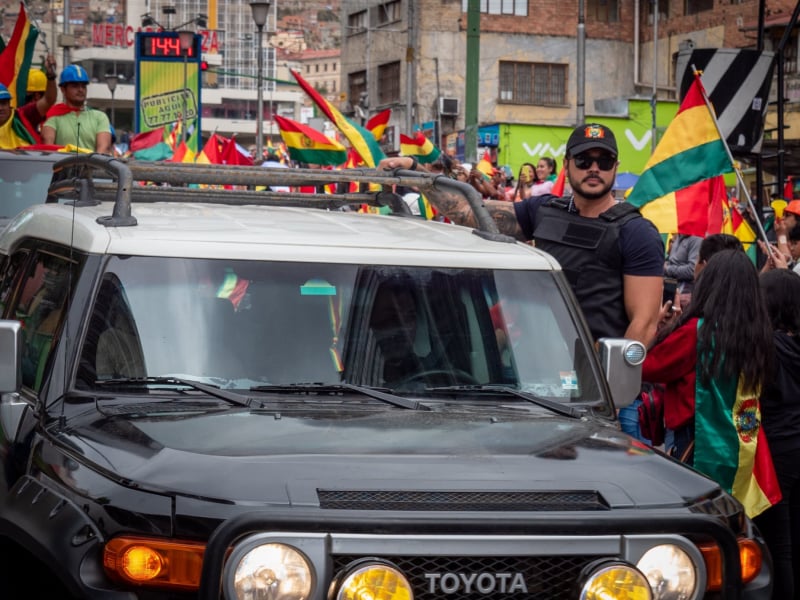
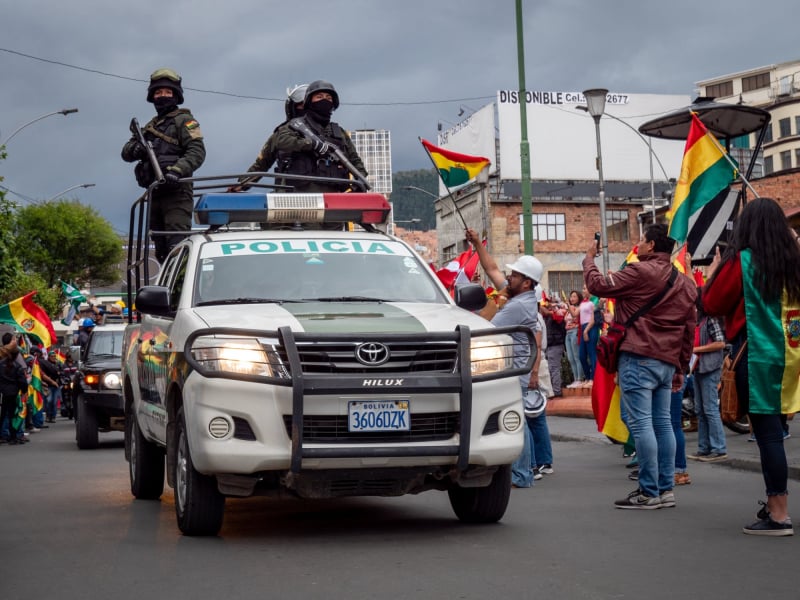
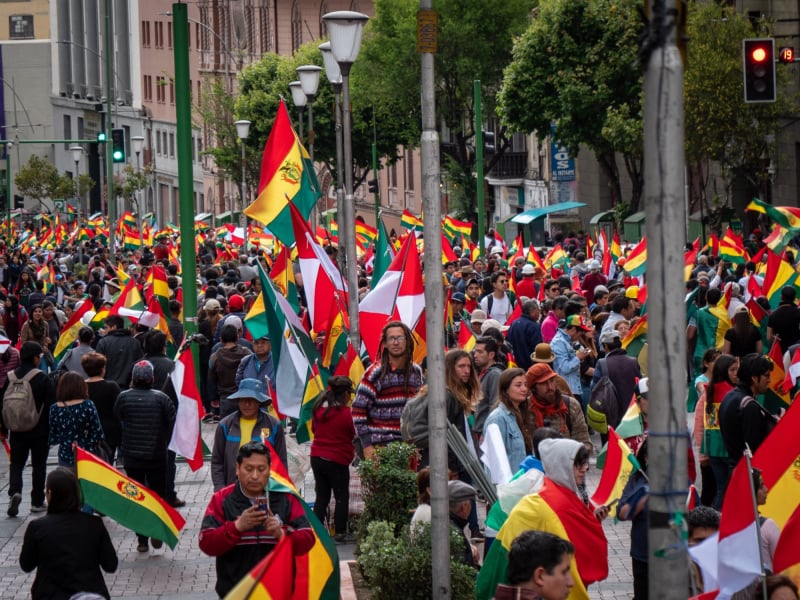
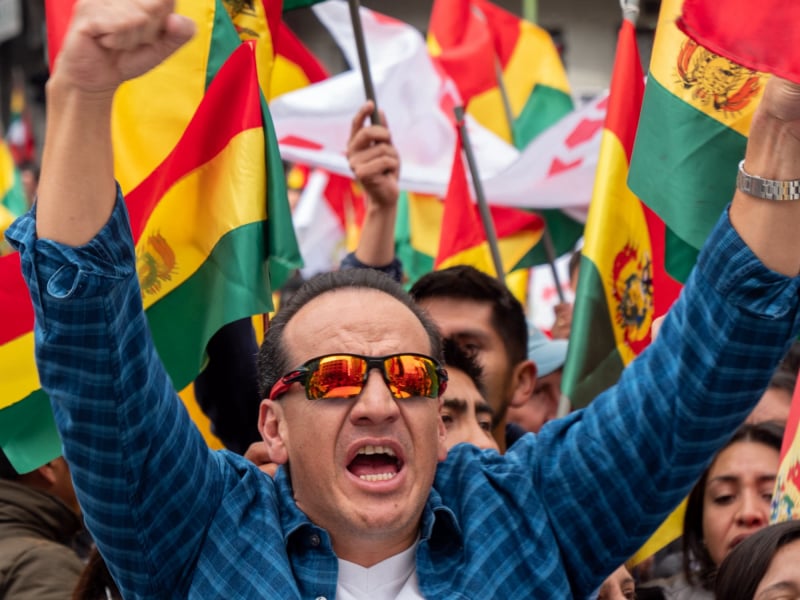
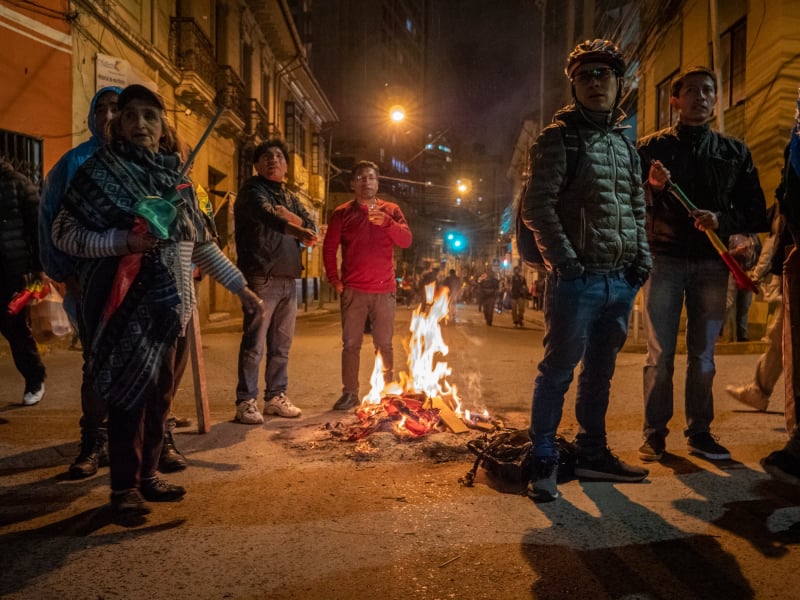
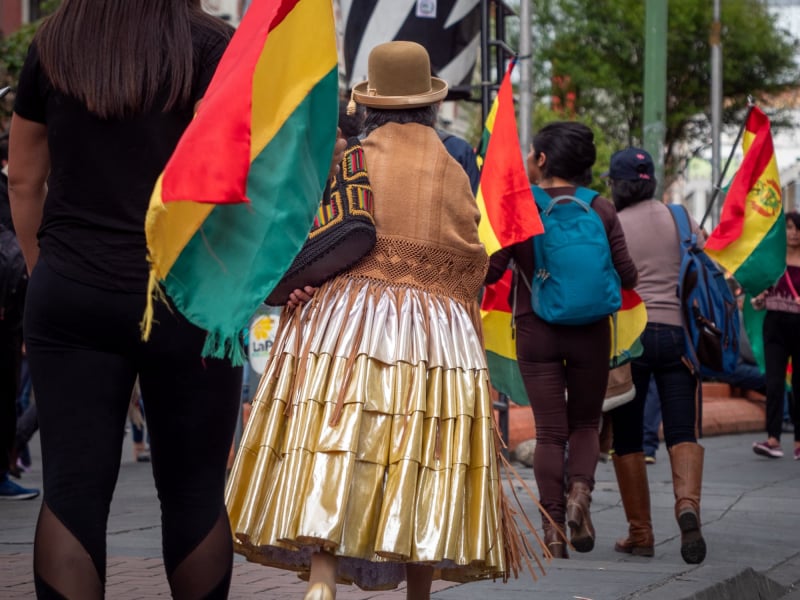
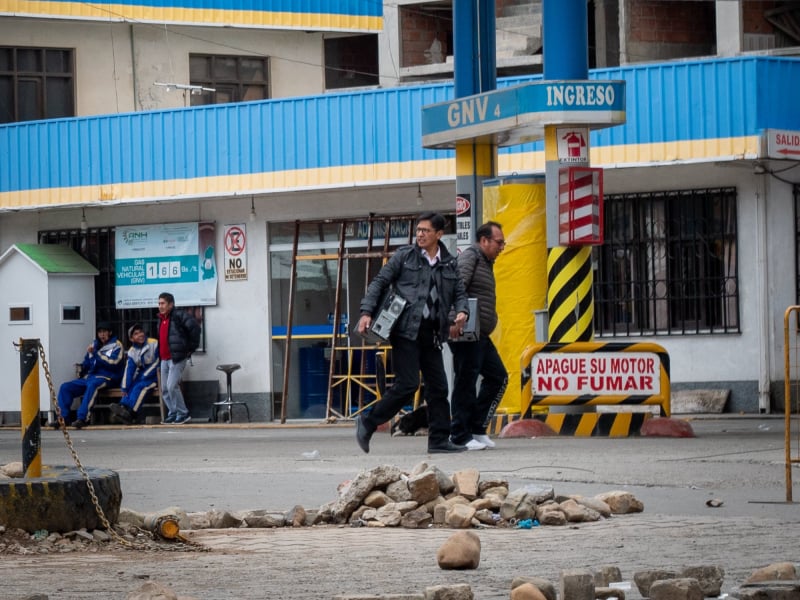
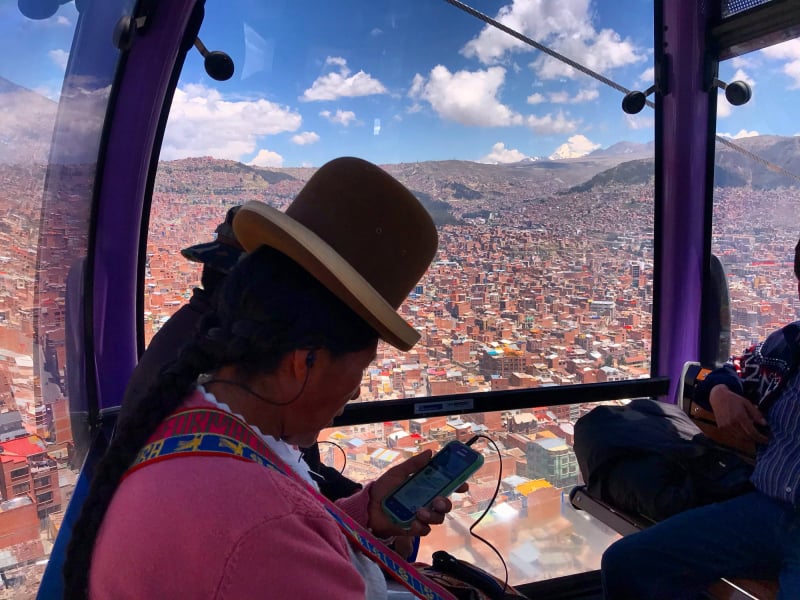
The political issues in Bolivia regarding former President Evo Morales and the elections have been a topic of extensive debate and controversy in recent years. Evo Morales, the leader of the Movement for Socialism (MAS), governed Bolivia from 2006 to 2019, becoming the longest-serving president in the country's history. During his tenure, he implemented socialist and progressive policies that garnered both support and criticism.
Political problems intensified in 2019 when Morales sought a fourth consecutive term in the presidential elections. The elections were marked by allegations of electoral fraud by the opposition and international observers. This led to a political and social crisis in Bolivia, with widespread protests and unrest.
Ultimately, Evo Morales resigned from the presidency and went into exile in Mexico and later in Argentina. Jeanine Áñez assumed the interim presidency, and new elections were called in 2020. In those elections, Luis Arce, of MAS and a former Minister of Economy under Morales, won the presidency with an overwhelming majority.
While this put an end to the political crisis, polarization and division in Bolivian society persist. Some view the return of MAS to power as a return to Morales' policies, while others see it as an opportunity for stability and progress. The political issues in Bolivia involving Evo Morales and the elections reflect the complex political and social dynamics in the country, where different groups have divergent visions of the way forward.